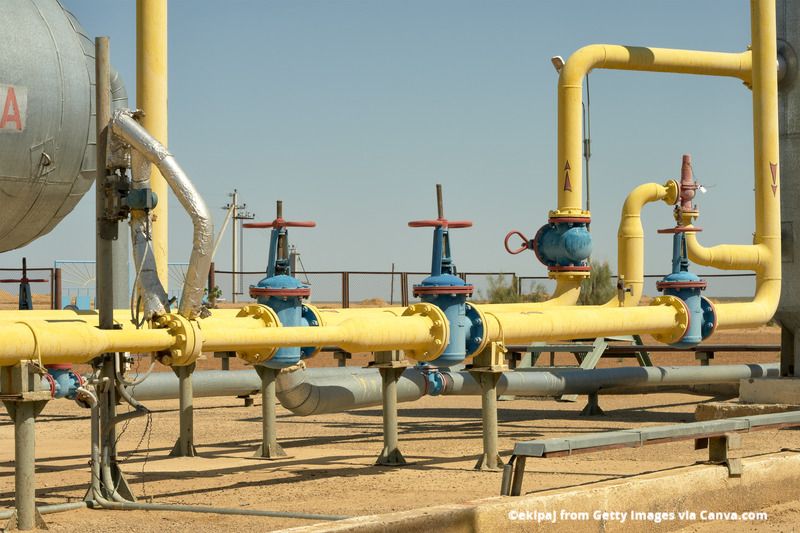
On 27 November, the Council of the EU and the European Parliament reached a provisional agreement on the directive to establish common rules for the internal markets in renewable and natural gases and hydrogen. The new directive, aimed at clarifying investment rules, seeks to facilitate the uptake of renewable gases as well as hydrogen to decarbonise the EU’s energy sector.
The main objectives of the directive are to better ensure security of supply following Russia’s war on Ukraine and the subsequent ban on Russian gas, protect consumers, and accelerate the decarbonisation of the gas sector, as well as phasing out fossil fuels from hard-to-abate sectors such as steel and chemical industries.
MEPs pushed to reinforce provisions related to price transparency and consumer rights, especially when it comes to guaranteeing protections for vulnerable consumers, who are at risk of energy poverty. On the demand side, the agreement contains measures to prevent disconnections and a strict framework on how they could take place. It also ensures that the right to switch supplier is granted to customers, eliminating barriers related to cost, effort, and time. In turn, this will make the switch to a fossil-free gas supply much easier, according to Jens Geier, the German S&D lead rapporteur of the text.
Concerning market investment rules, the law enshrines legal unbundling, which means that by default, grid operators should not be the same for hydrogen, natural gas, or electricity. However, it still leaves the possibility for member states to obtain derogations if justified, making the rules less strict than the European Commission’s original proposal of “ownership unbundling,” which would have made it completely impossible to own gas and hydrogen infrastructures simultaneously.
Lastly, the provisional agreement should allow for increased coordination between network development plans for hydrogen, electricity, and natural gas, ensuring that any network extension participates in sector integration, respects the ‘energy efficiency first’ principle, and prioritises the use of hydrogen in sectors that are hard-to-decarbonise.
The deal will now require official endorsement from both the Council of the EU and the European Parliament, with the latter expected to cast its final vote during the March 2024 plenary. In parallel to the directive, the gas market regulation—also part of the package—is still undergoing negotiations, with the next trilogue planned on 8 December, as disagreements persist on biogas targets and joint EU procurement for hydrogen.